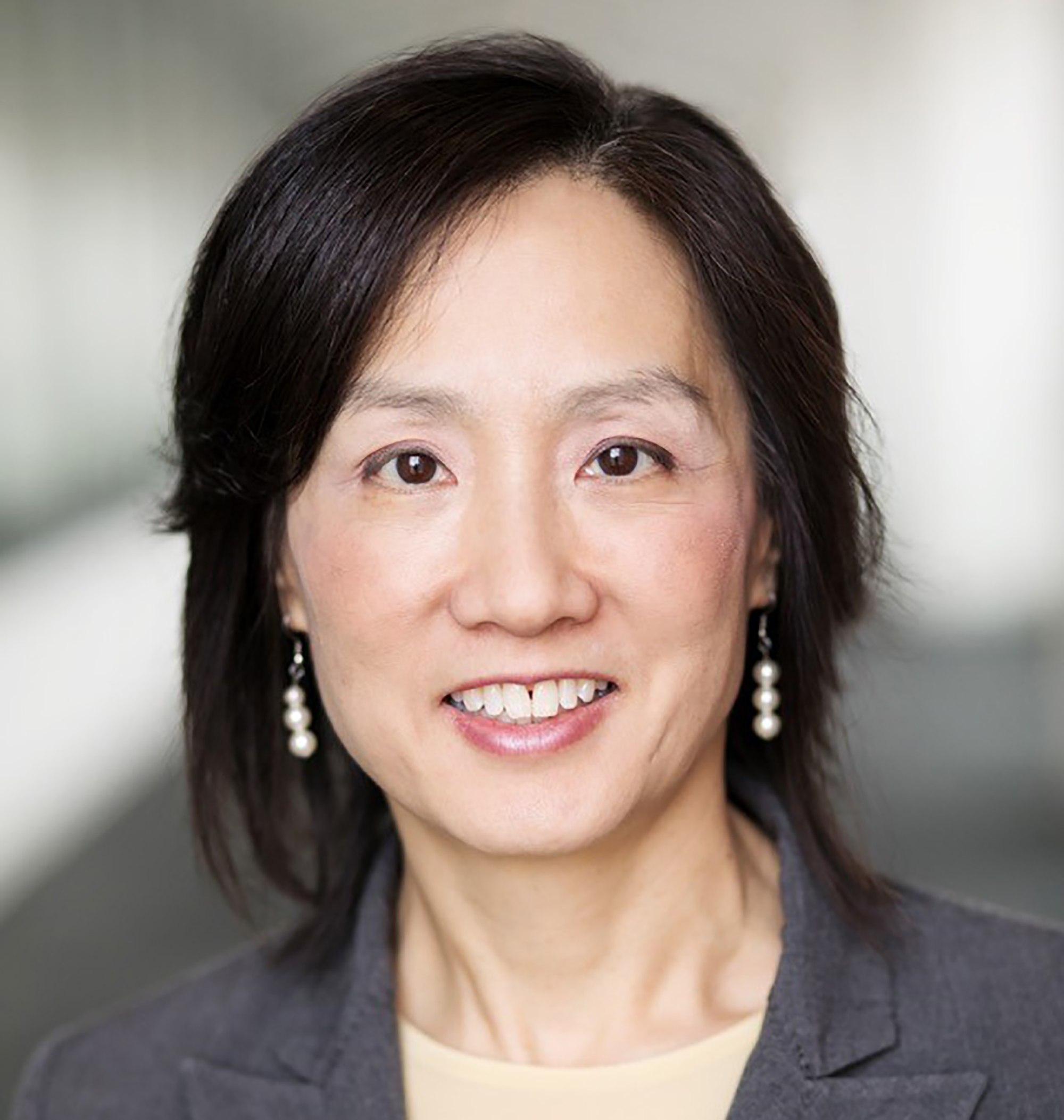Innovation Starts in Home Garage, Blooms in Patent Law
-
-
slice.mit.edu
Filed Under
Recommended

Michelle Lee ’88, SM ’89 grew up in Silicon Valley, fascinated by the resistors, capacitors, and soldering iron on her father’s workbench in the garage. Together, she and her dad wired the burglar alarm and built a hand-held radio and the family’s TV set.
“All the dads on the street were engineers. It was not uncommon to invent, file for a patent, get venture capital funding, and start a company. Growing up, I didn’t realize that other little girls didn’t have that kind of exposure,” she says.
Most recently, Lee was under secretary of commerce for intellectual property and director of the United States Patent and Trademark Office where she directed this agency of 13,000 employees and an annual budget of $3 billion.
“Innovation can lead to life-saving improvement, quality of life, and economic prosperity."
"When you invent something truly revolutionary, you can revolutionize the world,” says Lee, who was the first woman to lead the 227-year-old office.
A registered U.S. patent attorney, Lee earned a bachelor’s in electrical engineering and a master’s in electrical engineering and computer science at MIT. In 1992, she earned a J.D. from Stanford, where she is now a visiting law professor.
In 2003, Lee joined Google as deputy general counsel and head of patents and patent strategy, where she increased the size of the company’s portfolio from a few patents to more than 10,500, a 1,000-fold increase in eight years. Before that, she was an attorney at a Silicon Valley law firm, where she advised high-tech clients from startups to Fortune 100 companies on intellectual property, licensing, and litigation. Earlier, she worked as a technologist at MIT’s Artificial Intelligence Lab and at Hewlett-Packard Research Labs.
“I earned a great deal of self-confidence at MIT,” she says. “Having gone through this demanding but also exhilarating environment gave me the confidence and skills to tackle tough professional challenges. I’m grateful to the Institute for challenging me.”
She is an advocate for women in science, technology, engineering, and mathematics (STEM). While at Google, she co-founded an organization to support and promote the advancement of women in technology, law, and policy, and at the U.S. Patent and Trademark Office, she worked with the Girl Scout Council of Washington, D.C., to develop an intellectual property merit badge.
Today Lee lives in Silicon Valley with her husband and young daughter. Often, they go camping and fishing. “We always welcome the opportunity to spend time together in beautiful surroundings away from our electronic devices,” she says.







